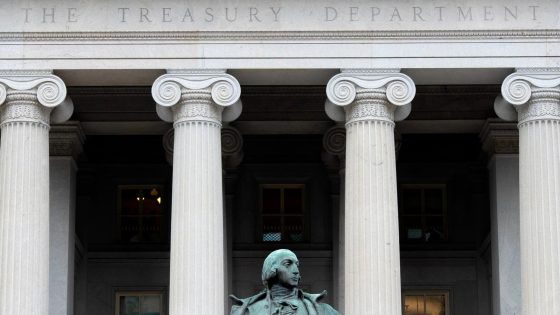The US Treasury is urging Congress to eliminate the proposed “revenge tax” in the Trump budget bill. This move comes as global discussions on tax reforms gain momentum, particularly following the recent G7 agreement on corporate tax rates. On June 27, 2025, Treasury Secretary Bessent emphasized the importance of aligning domestic policies with international efforts.
- US Treasury urges Congress to remove tax measure
- Bessent advocates against 'revenge tax'
- Global talks influence tax policy changes
- Wall Street relieved by tax removal news
- G7 agreement prompts legislative action on tax
- Bipartisan support for scrapping tax proposal
As lawmakers consider the implications of this tax measure, the potential for economic instability looms. The “revenge tax” has raised concerns among investors and could impact market confidence if not addressed swiftly.
Why is the “revenge tax” generating such controversy? As discussions unfold, it’s clear that the tax could hinder economic recovery and investment. Key points include:
- The tax could deter foreign investment in the US.
- It may complicate international trade relations.
- Lawmakers are under pressure to find a balanced solution.
As Congress deliberates, it’s crucial for citizens to stay informed and advocate for policies that promote economic growth and international collaboration.

































